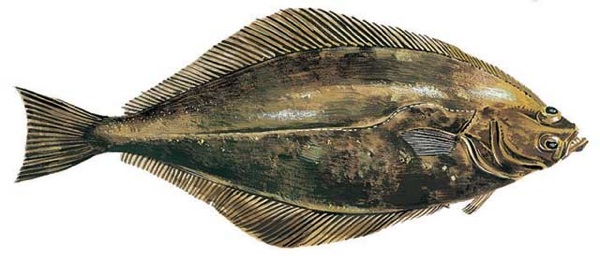04 Jul Privatize the seas? – feedback

Contrarian reader LH who fished halibut in Alaska for eight years, the very place where Greg Easterbrook said Individual Transferable Quotas have created a sustainable fishery producing top quality fish. He writes:
Quotes, yes, definitely; Transferable, absolutely NO! Clearwater or some other fishing company would own them all either by outright purchase or yearly leasing.
ITQ’s are the reason we have arm chair millionaires. [The quota owner] sits in his chair and collects $15,000 or more while someone else catches the fish. The money is in the paper not the fish…
The most successfully managed fishery in the world is the Canadian lobster fishery. The resource is in good shape. One of the reasons: if you are licensed to catch it, then it is you who has to do so, full stop. Other factors are, of course, protection of the species by size, sex, harvest effort, and trap limits.
Ah, but some would say the Maritimes lobster industry represents an informal application of property rights to the fishery. In many lobster grounds, fishermen occupy individual “berths,” where they enjoy an exclusive right to set traps. These property rights have no basis in law, but they are rigidly enforced by community custom.
For the obsessively interested only:
ITQs have their theoretical underpinnings in The Tragedy of the Commons, an influential 1968 Science Magazine article by University of California ecologist Garrett Hardin.
Hardin described a dilemma by which individuals acting in their own short-term interest can destroy a common resource, even though its destruction serves no one’s long term interest. He uses the example of a common pasture on which all herders have a right to let their cows graze. It is in each individual herder’s interest to put as many cows as possible on the pasture, even if doing so destroys the field. The herder gets all of the benefits from the additional grazing, while the damage to the commons is shared by the entire group. If all herders make this individually rational decision, however the commons will be destroyed and all herders suffer.
This is a pretty apt description of how fishing companies destroyed the Northern Cod stocks. It has led some economists to propose that fishermen be assigned individual quotas, for which they would have the exclusive right to fish. Instead of racing to catch as many fish as possible the whenever the season opens, fisherman could choose to fish when costs were low, prices were high, weather was fair, or fish quality was optimal.
UPDATE: Reader CW agrees with LH:
It’s entirely true that the ITQs sound the death knell for the independent fishers, and consequently put another nail in the coffin of small coastal towns in particular and rural diversity in general.
